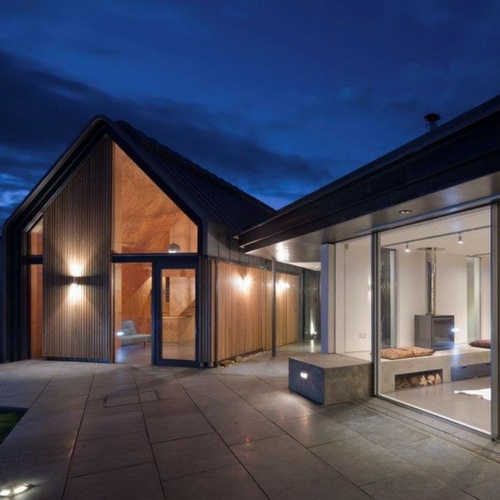How to Find Residential Property For Rent in Scotland
The first step in finding a Scottish rental property is to find out which landlords and letting agencies are accredited. It is also worth checking if they charge a holding deposit or premium.
Landlords in Scotland must be registered with the Scottish Government. They also have to agree with their tenants a standard model tenancy agreement.
Location
The city of Edinburgh has many attractive rentals for expats who want to live in a central area close to work and the UNESCO World Heritage Site attractions that attract crowds of tourists throughout the year. These include the 3-bedroom flats in Stockbridge, which are popular with families.
Dundee Property Management
Two-bedroom apartments are also available in suburban and residential districts in the city, although prices and size will vary depending on the district you choose. Single expats may prefer one-bedroom flats to help reduce costs and live more comfortably on a budget. These are widely available in the Old Town, where apartment buildings are often converted from tenement houses.
Size
Long tenancies of residential property have always been relatively rare in Scotland. This is for a variety of reasons not within the scope of this note.
Rent Service Scotland currently collects local rental prices through the Market Rental Evidence Database, to meet the needs of establishing annual Local Housing Allowance levels and setting Local Reference Rents. The data is collected by a wide range of sources including landlord and letting agent returns and advertised rental information.
For many investors, buy-to-let properties have become less attractive as borrowing costs have risen and the risk premium has increased. That has led some to exit the sector.
Style
Scotland's housing market is changing fast, but it's not yet as consolidated as London's. New builds and flats are taking their place, with many developments highly rated by residents on HomeViews.
Some Scottish properties are designed in the distinctive Glasgow style of Charles Rennie Mackintosh, while others are grand turreted manor houses like Cawdor Castle, made famous by Shakespeare's Thane of Cawdor. There are also plenty of charming cottages with beautiful gardens and picturesque views.
Tenants should get a private residential tenancy agreement, which sets out the rights and obligations of both parties. Landlords must register in the landlord register and provide an Energy Performance Certificate.
Features
Whether you’re looking for a three-bedroom flat or a spacious four-bedroom house, you can find it in Scotland Island. Use our detailed real estate reports, auction results and suburb profiles to find your perfect home.
You can also get your property valued today and compare prices with the help of a local expert. Check if any landlords in your area are accredited by Landlord Accreditation Scotland. Landlords in Scotland must register their properties and comply with housing health and safety rules. However, unlike south of the border, they don’t need to run immigration checks on tenants. This makes renting in Scotland less hassle than in England and Wales.
Type of Tenancy
The way rent is collected and the type of tenancy you get depends on whether you’re renting from a private landlord or a housing association. People living in social housing in Scotland are likely to have a Scottish secure tenancy or a regulated tenancy, which gives greater security of tenure.
In Scotland, it’s illegal to charge a deposit of more than two months’ rent and deposits must be paid into one of the three approved schemes. Landlords also can’t increase the rent more than 3% a year without permission from Rent Service Scotland.
Some landlords and letting agents may ask you for extra payments to cover damage or other charges, known as premiums. You can challenge these extra costs.
Deposit
Most landlords ask for a deposit, usually equal to one months rent, before you start your tenancy. This deposit should be protected under a government-approved tenancy deposit scheme and will be returned at the end of your tenancy provided there is no damage or unpaid bills. Landlords and letting agents cannot charge you any other illegal fees, known as premiums.
In Scotland, it is illegal for a landlord to ask you to pay a holding deposit, sometimes called 'key money' or a 'premium', to secure a property. These deposits are not refundable and are not counted towards your tenancy deposit or rent. A letting agent must tell you if they are charging you a premium.



Comments
Post a Comment